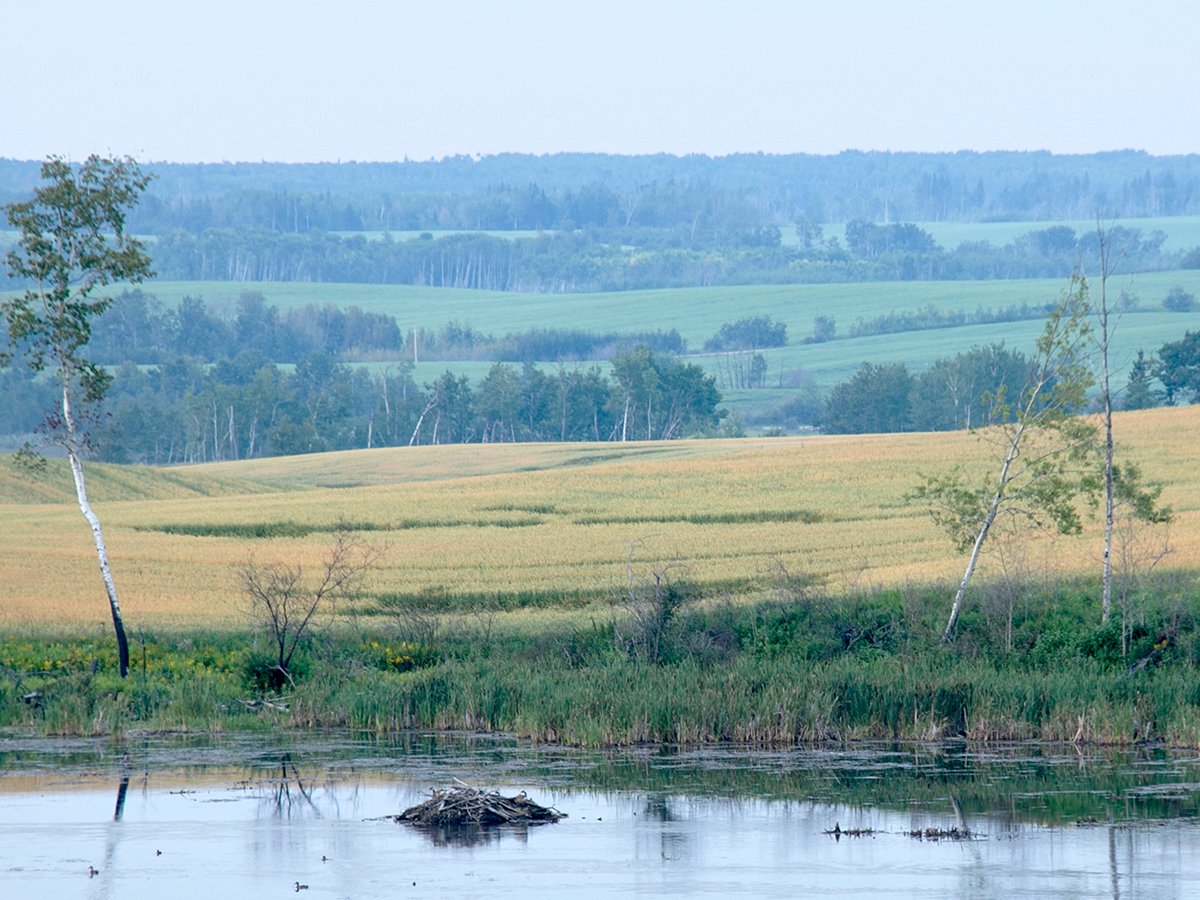SELKIRK, Man. – Shelley Cure has four kids, operates a dairy farm and hay business with her husband and just got back from a trip to China.
And she’s the vice-chair of the Manitoba Rural Adaptation Council.
Cure chalked up her success in balancing many roles to a couple of factors.
“Time management is a good way to organize yourself, and I have a really supportive family,” she said.
Cure also said she’s careful to keep herself restricted to a few key goals so she doesn’t get overextended.
Read Also

Intergenerational rollover rules can help succession plans
One of the most significant concerns in succession planning for farmers is the tax bill that can come with passing the farm to the next generation.
“You have to prioritize what’s important to you,” said Cure, a featured speaker at the Manitoba Women’s Institute annual conference in Selkirk May 15-16.
Cure spoke to a room full of women who are often involved in multiple organizations in rural Manitoba, many of whom worry that the stretching fabric of the rural community is getting thin. Dynamism can go only so far in making up for a smaller and smaller rural population.
MWI president Enid Clark said she knows her group has to compete for farm women’s volunteer time and energy and hopes it can rise above the noise.
“We offer women a way to improve themselves and their communities,” she said.
Participant Dianne Kowalchuk observed how Cure’s work is not for pay and takes up a lot of her time.
“To me, it’s important that our members realize and recognize the work that others do on their behalf.”
Clark said her organization works hard to create a network of active rural women, because there are as many demands as in the past but fewer people to meet them.
“In a small town, you probably have the same four women in the same four organizations and they have a lot to do and they often can’t even keep up the community halls,” said Clark.
“They don’t have enough members.”
Rural depopulation is a major challenge.
“Instead of one family on every half section, there are farms that are five, six, seven sections big. It doesn’t put any extra people in your community,” said Clark.
“It’s a vicious circle. One thing leads to another. The people aren’t there so the facilities aren’t there any more.”
Kowalchuk said another problem is the intense competition for farm and rural women’s time by many more organizations and roles than used to be present.
“With many women working outside the home, many don’t have the time, the energy or the inclination to be taking on other obligations, other commitments,” she said.
Clark said sports now demand much more parent time than they formerly did.
“My grandson plays hockey. They start at the same time as the NHL and they quit about the same time,” said Clark.
“It’s very demanding.”















